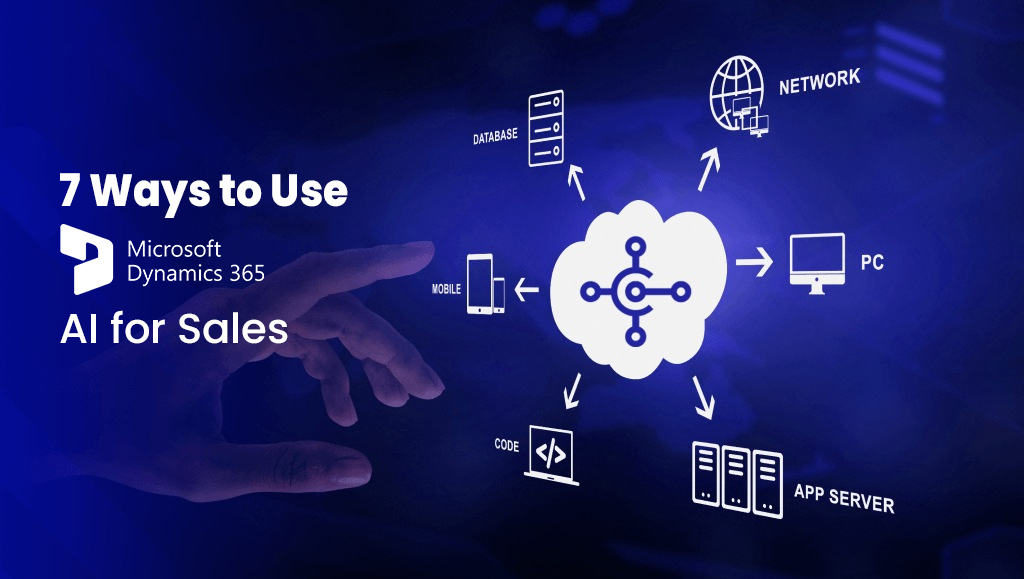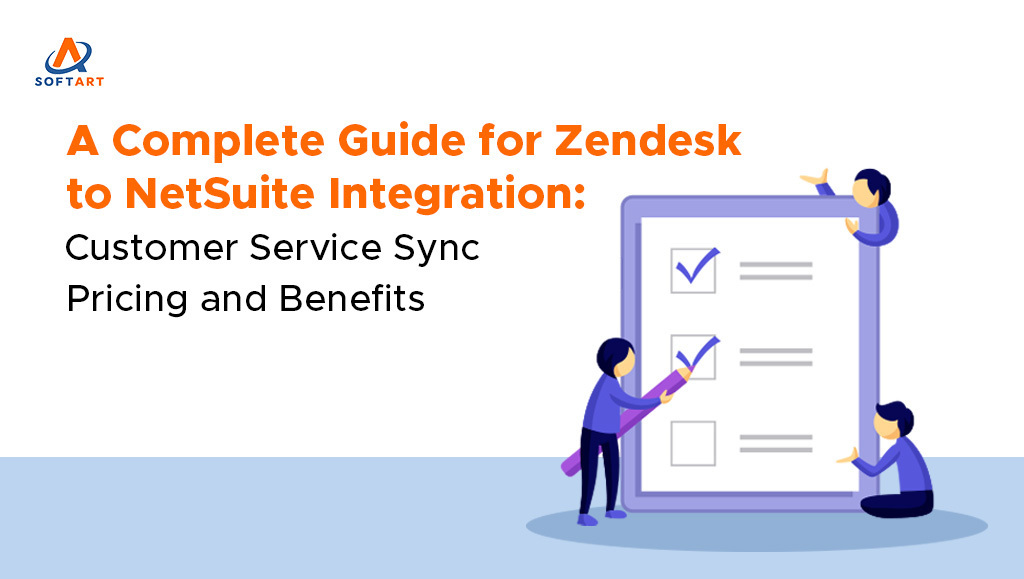Common Symptoms of a Failing ERP Project (And How to Save It...
Why Do ERP Projects Fail? And How You Can Fix Yours Before It’s Too Late Have you ever asked yourself, “Why do ERP projects fail?” You’re not alone. Mid-to-large businesses often invest ...
ERP Software
- 10-13-2025
- 90 Reads
- 5 min read
Latest Blogs
ERP Support After Implementation: What Should You Expect fro...
Enterprise Resource Planning (ERP) systems can transform operations but the real challenge often begins after go-live. Many companies invest heavily in Oracle ERP, NetSuite or Microsoft Dynamics 365 ...
ERP Software
- 09-30-2025
- 116 Reads
- 7 min read
How Ransomware Can Hold Your ERP Hostage
Think Your ERP Is Safe from Hackers? One Missed Update Could Shut Down Your Entire Business. When hackers infiltrate your network, they aren’t just looking for credit card details or personal data. ...
ERP Software
- 06-10-2025
- 249 Reads
- 7 min read
Best Practices for ERP Data Migration: A Comprehensive Guide
ERP Data Migration is one of the most critical yet challenging aspects of implementing a new ERP system. A well-planned migration ensures a seamless transition, minimizes downtime, and safeguards bus...
ERP Software
- 03-10-2025
- 298 Reads
- 4 min read
Top ERP Implementation Strategies in 2025
In the modern business landscape, effective management of internal processes is no longer optional—it’s a necessity. From finance to manufacturing, human resources to supply chain, businesses rely...
ERP Software
- 01-17-2025
- 297 Reads
- 7 min read
All About CEMLI Remediation for Oracle EBS 12.2 Upgrade
CEMLI Remediation is a critical step for businesses planning an upgrade to Oracle E-Business Suite (EBS) 12.2. Ensuring a seamless transition while maintaining operational efficiency is essential for ...
ERP Software
- 01-07-2025
- 290 Reads
- 5 min read
How to Save Cost of Running Oracle EBS?
Is Oracle EBS costing your business more than it should? Are you overwhelmed by the growing expenses of running Oracle E-Business Suite (EBS)? While Oracle EBS is a powerful tool for managing enterpri...
ERP Software
- 12-30-2024
- 306 Reads
- 4 min read
What is Oracle Sustaining Support and Why Should Database Cu...
Oracle Sustaining Support maximizes your investment protection by providing maintenance for as long as you use your Oracle software. It ensures business continuity without forcing you into immediate ...
ERP Software
- 12-03-2024
- 540 Reads
- 4 min read
Extending Oracle Cloud Applications for Your Unique Needs
Oracle Cloud Applications offer businesses more than just powerful software—they provide a versatile foundation that adapts to the distinct needs of any organization. However, out-of-the-box solutio...
ERP Software
- 11-22-2024
- 346 Reads
- 7 min read
What Is ERP Hosting?
Efficient management of business processes is crucial for success in today’s competitive landscape. But how can companies ensure that their operations, from finance and HR to supply chain management...
Blog
- 10-10-2024
- 970 Reads
- 5 min read
Top 5 ERP Implementation Failures: Costs, Causes, and How to...
Imagine this: You’ve just invested in a cutting-edge ERP system, believing it’s the golden ticket to streamlined operations and skyrocketing productivity. But instead of a smooth ride to succe...
ERP Software
- 09-05-2024
- 752 Reads
- 6 min read
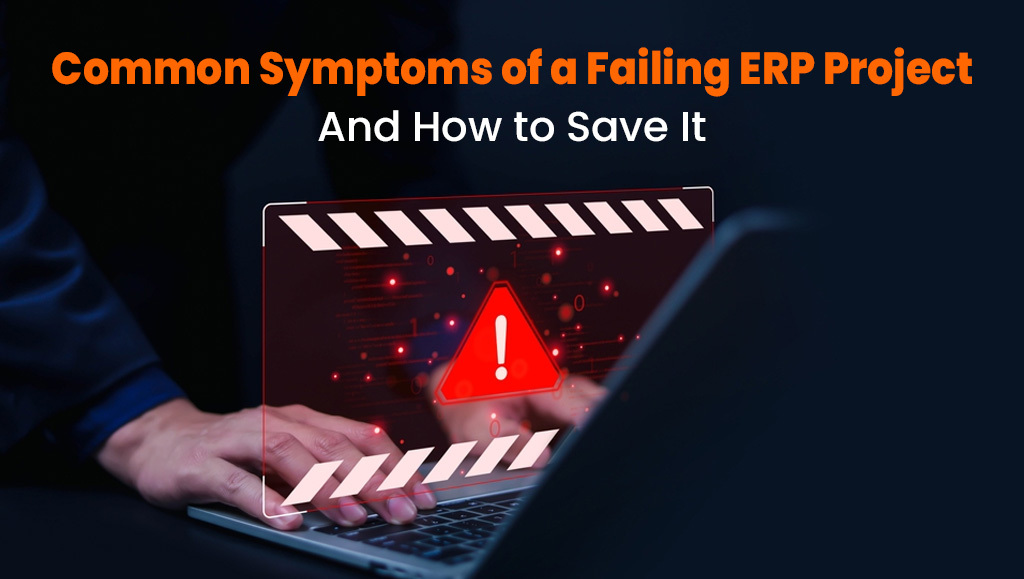
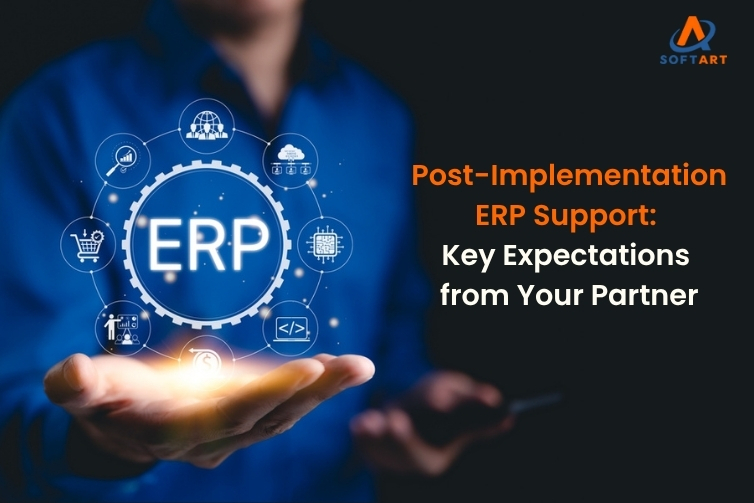
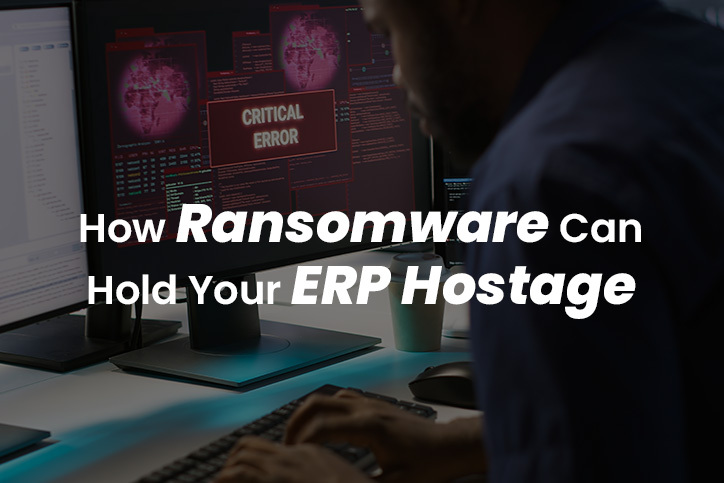


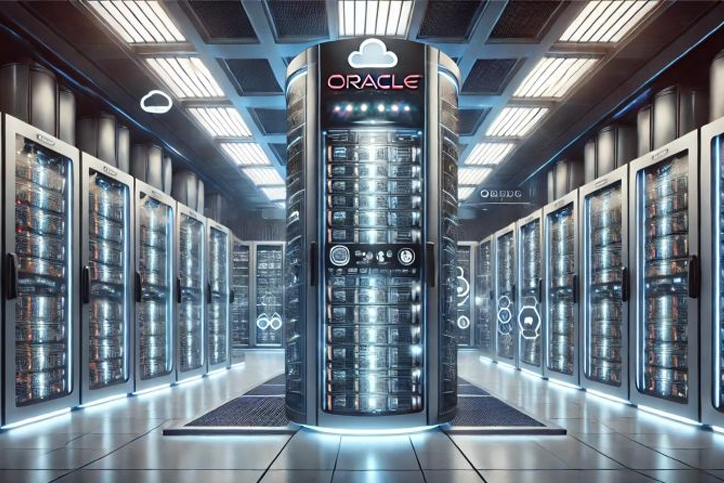



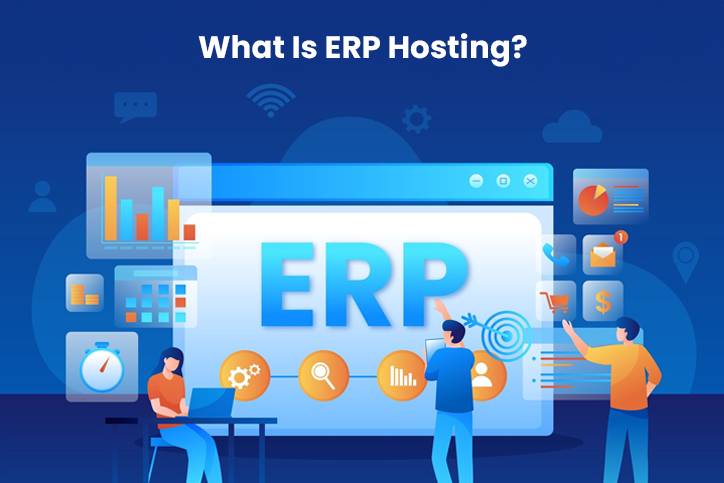
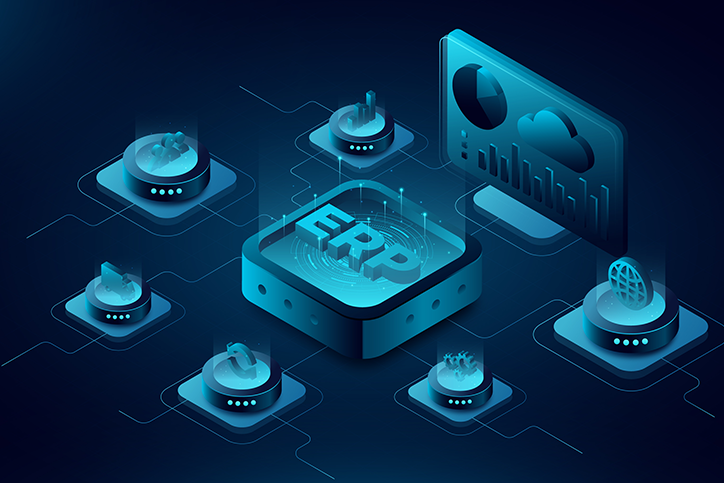
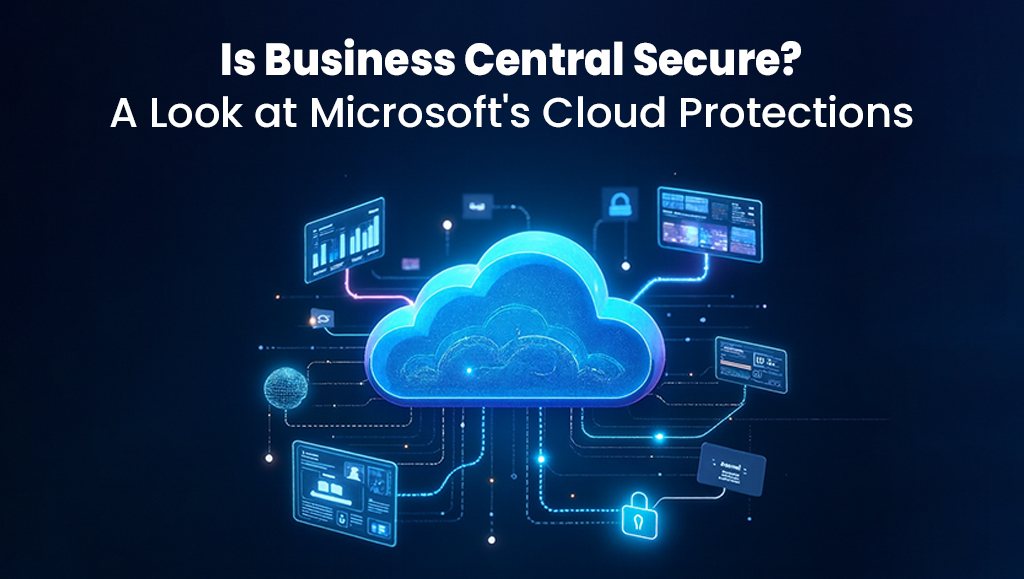
![Duplicate Data in Dynamics 365 [What It Costs and How to Fix It]!](https://softartsolutionsinc.com/wp-content/uploads/2025/12/duplicate-data-in-dynamics-365-what-it-costs-and-how-to-fix-it.jpg)
